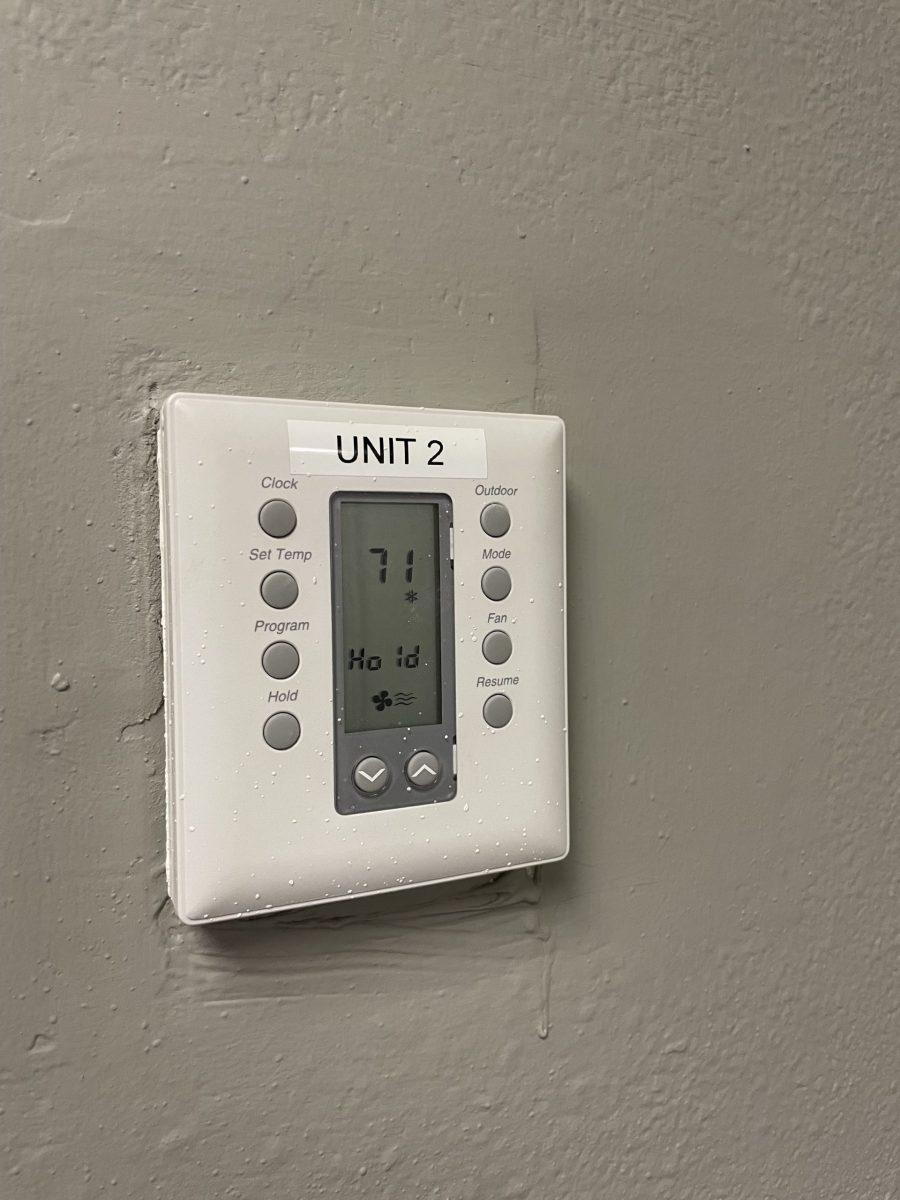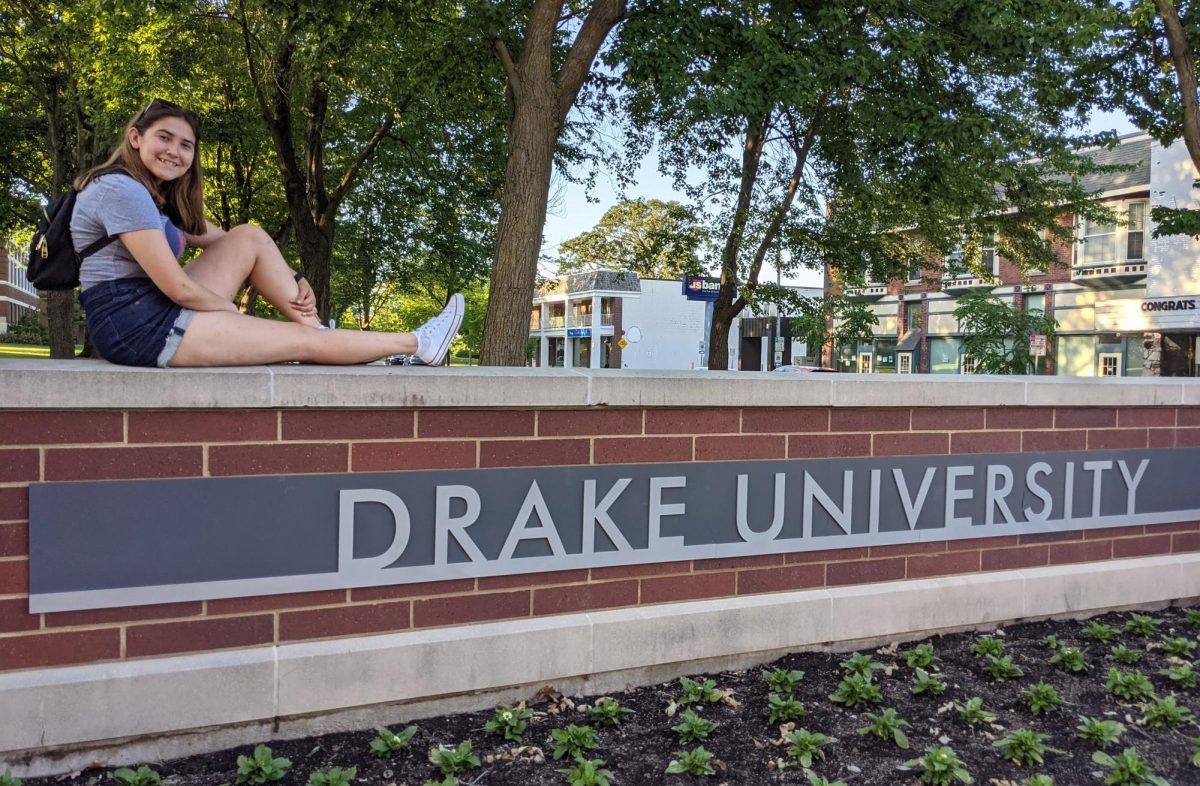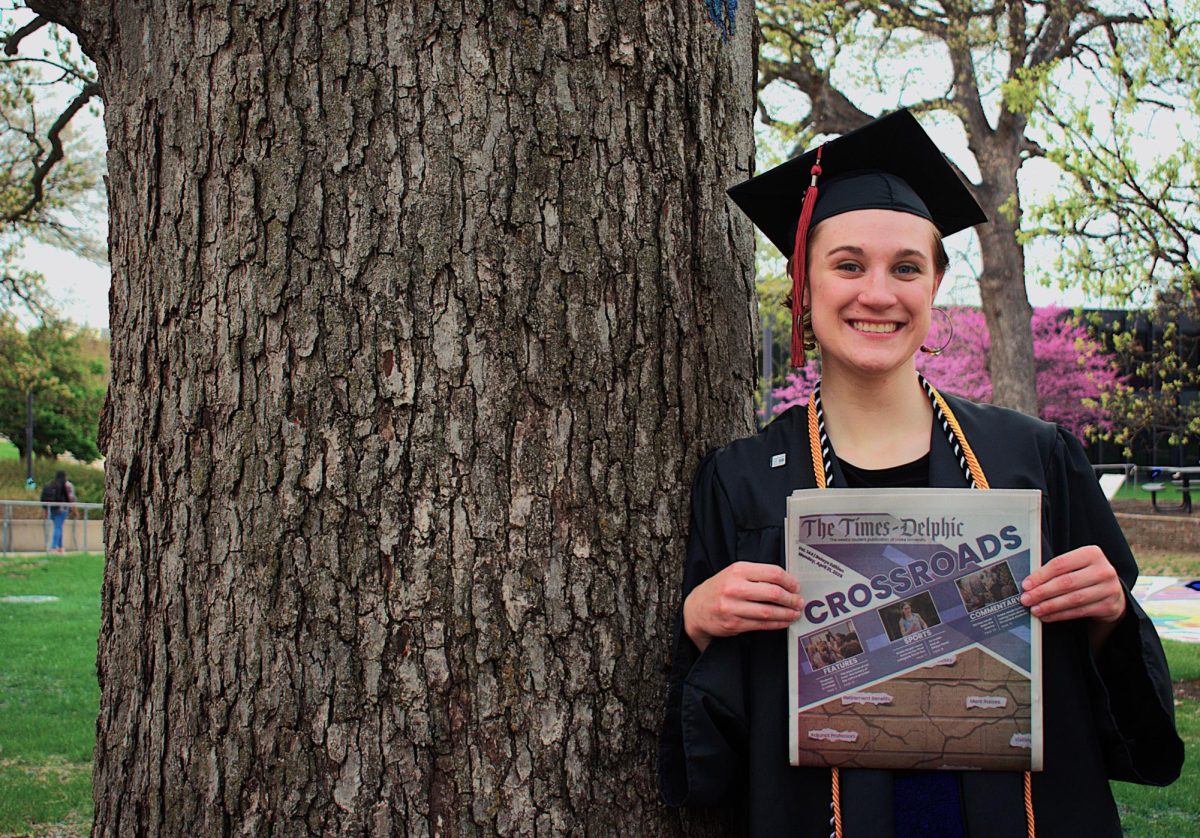Midwest weather is about as predictable as a first date. It could be just perfect and you can’t wait for a repeat, or it could be the coldest thing you’ve ever experienced and you hate it.
Midwest weather is known for its uncertainty. The Des Moines original store, RAYGUN has a variety of t-shirts and merchandise that pokes fun at Midwest weather. Just about every year, you can practically have all four seasons in one week.
So why do commercial heating, ventilation and air conditioning (HVAC) systems only have two options with a no-going-back clause?
A big thank you to the Drake staff who had to pivot quickly to heat up the residence halls. The email sent out on October 18 to students explained why it’s hard to make the decision to flip the switch because the temperatures could warm back up, but that’s life in our region. How can we be as flexible as the elements?
The Des Moines Register reported record-breaking low temperatures on their Instagram. Similar risks of breaking records were on the news in my hometown of Overland Park, Kansas, while I was there for fall break.
The brave students who didn’t head home for the long weekend had to layer up and tough it out under piles of blankets.
While fall in the Midwest is a rollercoaster, it seems we get closer to breaking records on both extremes every year. What does climate change have to do with that?
The legitimacy of climate change is a completely different argument, but I’m a firm believer in human engagement leading to detrimental changes. Global warming may heat the Earth, disputing my cold claim, but it was 80 degrees the weekend this went to print in late October. That’s not normal.
While the first air conditioning unit was invented in 1902, the unit we know now wasn’t in the majority of homes until the 1960s. However, we no longer live in the 1960s. Climate and resource availability are changing, and we have to adapt to meet those challenges. We need a modern solution to a modern problem.
Residence halls are a unique living space. They are inhabited practically 24/7. Although temperature can be adjusted by the room’s thermostat, dorm rooms are regulated by the building’s central system leaving college students at the mercy of mother nature and facility management.
Apartments, hotels and hospitals share similar characteristics. How do they keep up with the elements? Surely there must be a system in place to protect patients or high-end customers when the temperature dips or spikes unexpectedly.
A quick, albeit brief, Google search resulted in finding the 2008 renovation of first-year residence halls, otherwise known as “The Quads.” HVAC updates and better insulation were among the renovations. Similar things are being done to the HVAC system as part of the year-long Meredith Hall renovation.
There’s many construction projects in progress on campus: Meredith, the new soccer complex and the new Broadlawns health facility going in next to Walgreens.
Perhaps as we build new, exciting projects, we can also give some TLC (tender loving care) to the buildings we already have by making the HVAC system something that can adapt quickly to defend against the ever-unpredictable Midwest seasons and make everyone comfortable.








